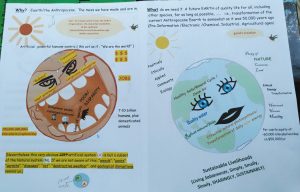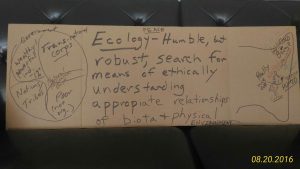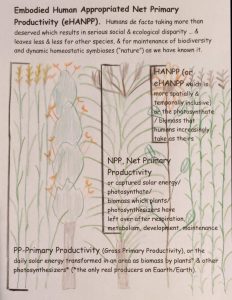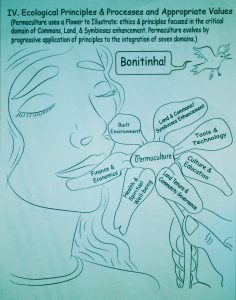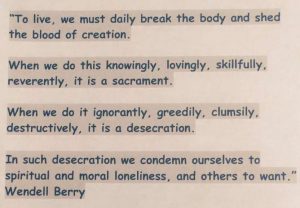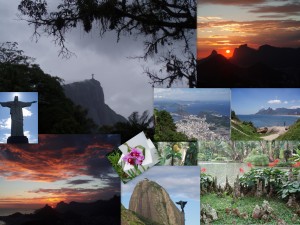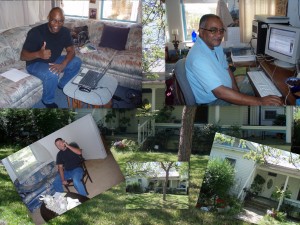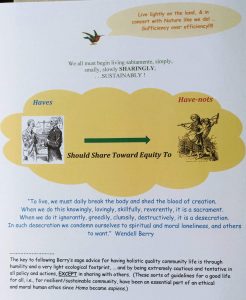
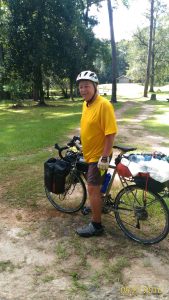
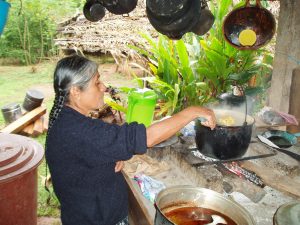
http://energy-reality.org/wp-content/uploads/2013/05/04_Faustian-Economics_R2_032713.pdf
[http://energy-reality.org/wp-content/uploads/2013/05/04_Faustian-Economics_R2_032713.pdf]
https://www.youtube.com/watch?v=rNV0xXy5oSg
If there is one author our young and old youth should read, it is Stanford University graduate/Wallace Stegner-Writing-Fellow/farmer, Wendell Berry. One of my favorite quotes of his (which I plan to have on my simple flat tombstone) is: “To live, we must daily break the body and shed the blood of Creation. When we do this knowingly, lovingly, skillfully, reverently, it is a sacrament. When we do it ignorantly, greedily, clumsily, destructively, it is a desecration. In such desecration we condemn ourselves to spiritual and moral loneliness, and others to want.”
…………………..
For this reflection I am presenting selected jewels from Wendell Berry’s essay, Faustian Economics. Also, I have included above the YouTube presentation on somewhat the same subject, i.e., “limits” by Vaclav Smil. …
“The general reaction to the apparent end of the era of cheap fossil fuel, as to other readily foreseeable curtailments, has been to delay any sort of reckoning. The strategies of delay, so far, have been a sort of willed oblivion, or visions of large profits to the manufacturers of such ‘biofuels’ as ethanol from corn or switchgrass, or the familiar unscientific faith that ‘science will find an answer.’ …
… the real names of global warming are ‘waste and greed’—and by now it [‘the American way of life’ … consuming, spending, wasting, and driving …] is manifestly foolish. …
… [In our present economy] All are entitled to pursue without limit whatever they conceive as desirable—a license that classifies the most exalted Christian capitalist with the lowliest pornographer.
… [our] credo of limitlessness clearly implies a principled wish, not only for limitless possessions, but also for limitless knowledge, limitless science, limitless technology, and limitless progress. And necessarily it must lead to limitless violence, waste, war, and destruction. That is should finally produce a crowning cult of political limitlessness is only a matter of mad logic.
The normalization of the doctrine of limitlessness has produced a sort of moral minimalism: the desire to be ‘efficient’ at any cost, to be unencumbered by complexity. The minimization of neighborliness, respect, reverence, responsibility, accountability, and self-subordination—this is the ‘culture’ of which our present leaders and heroes are the spoiled children.
… As earthly creatures we live, because we must, within natural limits, which we may describe by such names as ‘earth’ or ‘ecosystem’ or ‘watershed’ or ‘place’ or ‘neighborhood.’ …
… Whichever way we turn, from now on, we are going to find a limit beyond which there will be no more. To hit these limits at top speed is not a rational choice. To start slowing down, with the idea of avoiding catastrophe, is a rational choice, and a viable one if we can recover the necessary political sanity. Of course it makes sense to consider alternative energy sources, provided they make sense. But also we will have to reexamine the economic structures of our life, and conform them to the tolerances and limits of our earthly places. Where there is no more, our one choice is to make the most and the best of what we have.”
Recognizing limits is a key tenet of Positively Ethical Applied Community Ecology!
